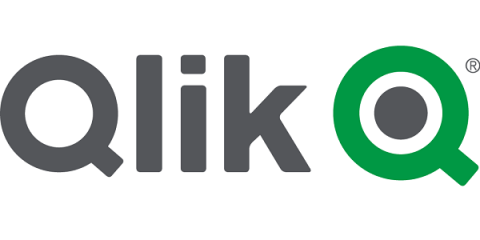3 things you should never measure in BI
When I speak to people who are thinking about implementing BI, they are often overwhelmed by all the things they could measure. Many start by wanting to measure everything, which doesn’t necessarily help them. That’s because there’s an inherent cost in measuring things – everything you report and track creates an ongoing burden that your organization has to maintain. That’s why it’s important to be selective about what you measure from the get-go.







